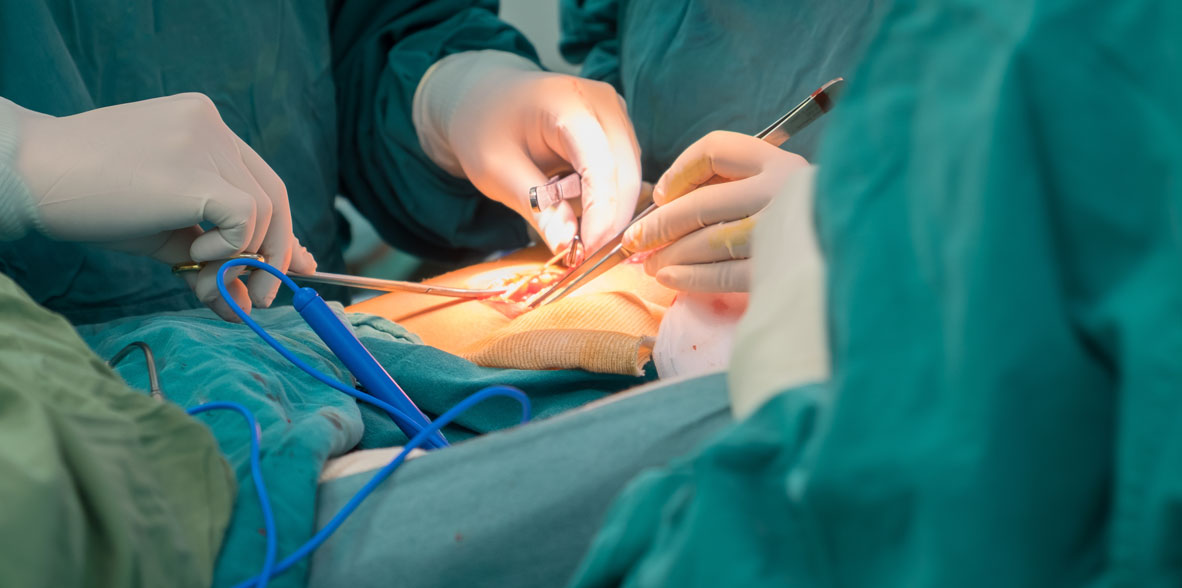

Si usted necesita cirugía de la tiroides, es importante saber cuál esperar. Los siguientes son algunas de las preguntas lo más con frecuencia posible hechas
¿Cuanto tiempo me hospitalizarán?
Según la cirugía realizada y la evolución del postoperatorio pero en general entre 24 y 72 horas después de la intervención. En casos seleccionados se puede ofrecer cirugía ambulatoria.
¿Qué tipo de anestesia?
Anestesia general
¿Tengo una cicatriz?
Toda la cirugía causa sí marcar con una cicatriz, y cómo las cicatrices pacientes son dependientes en el individuo.
Sin embargo, hay algunas técnicas que los cirujanos utilizan reducir al mínimo marcar con una cicatriz. Estas técnicas incluyen: un tamaño más pequeño de la incisión, colocación cuidadosa de la incisión, y material hipoalérgico de la sutura (evitar la inflamación).
Como regla general, es inusual para que los adultos tengan una cicatriz sensible después de seis meses.
¿Tengo dolor después de la operación?
Todas las operaciones implican cierto dolor y malestar. Nuestra meta es reducir al mínimo este malestar. Aunque usted debe poder comer y beber normalmente, la queja principal es dolor con tragar.
¿Cuándo sabré los resultados de la cirugía?
Durante la operación, su cirujano consultará con el patólogo que proporcionará una diagnosis preliminar. Sin embargo, el informe final de la patología requiere el estudio cuidadoso del espécimen quirúrgico. Por lo tanto, el informe final no está generalmente disponible hasta cerca de una semana después de la operación.
¿Tengo restricciones físicas después de mi cirugía?
La natación es la única restricción principal. En general, su nivel de actividad depende de la cantidad de malestar que usted experimenta. La mayoría de los pacientes pueden volver al trabajo en el plazo de las primeras dos semanas, y usted puede conducir tan pronto como su cabeza pueda ser dada vuelta confortablemente (esta limitación está para la seguridad del conductor). Las visitas posteriores a la cirugía con su cirujano le ampliaran la información de su incorporación a la normalidad de la rutina diaria.
¿Cuáles son las complicaciones únicas a la cirugía de la tiroides?
En cerca de 1 de 250 operaciones de la tiroides, los nervios que controlan la voz son afectados por la cirugía tiroidea. Cuando ocurre esto, las dificultades principales son proyección de la voz y producción de sonidos agudos y/o altos o al intentar gritar.
Se describe generalmente como ronco y/o afonia. Generalmente, los cambios de la voz son temporales, así que la voz volverá al normal dentro de algunas semanas; el cambio permanente es raro.
En cerca de 1 de 300 operaciones de la tiroides, las glándulas paratiroides no funcionarán como resultado de cirugía. Éstas son cuatro glándulas que están situadas cerca de la tiroides.
Desde las glándulas paratiroides se controlan los niveles del calcio, su disfunción da lugar generalmente a un nivel bajado del calcio. Por lo tanto, algunos pacientes requieren suplementos del calcio sobre una base temporal.
Si no funcionan las paratiroides correctamente, el calcio o la vitamina D puede ser necesaria sobre una base permanente.



































